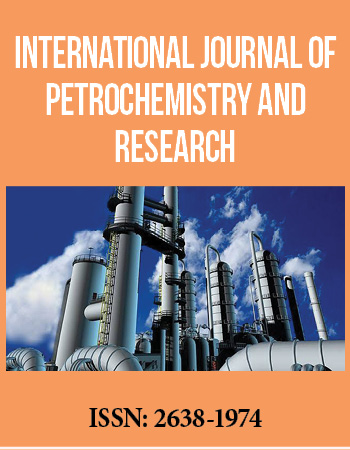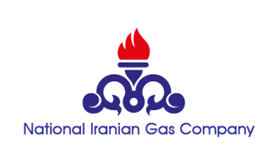International Conference on Oil, Gas and Petrochemistry
April 3-5, 2017 Dubai, UAE
Comparative evaluation of membrane and amine system for natural gas purification and carbon (IV) oxide utilisation offshore
1Centre for Process Integration and Membrane Technology, Robert Gordon University, Aberdeen, Scotland, United Kingdom
2School of Engineering, Robert Gordon University, Aberdeen, Scotland, United Kingdom
3Centre for Petroleum, Energy Economics and Law (CPEEL), University of Ibadan, Nigeria
Membrane systems are commercially proven and attractive alternative for the purification of natural gas in place of existing amine sweetening and dehydration plants, and also known to be economical alternative for sweetening massive quantities of natural gas for removal of carbon dioxide and other contaminants to achieve 90% recovery for offshore and onshore plants. Evaluation of various membrane types for CO2 removal from natural gas stream was also done, with ceramic membrane being the preferred choice above the commonly used polymeric membrane material. Membrane system design, process selection criteria and economics and operations were also considered. Production of organic-inorganic hybrid membrane led to increase in membrane selectivity; thereby, reducing methane loss to CO2, which is termed to be an economic advantage. There was reduction in porosity of ceramic support with gas permeation occurring, based on solution-diffusion mechanism. Membrane seemed to have advantage in terms of low capital and operating cost, compact, size as well as simplicity of operation and maintenance. Achieving higher selectivity at expected level of production and reduction in membrane cost were also recorded, while the operating costs included labour, fuel, chemicals and maintenance charges.. Thus, since selectivity and permeability are two very important criteria needed for high membrane performance for removal of CO2 from natural gas stream, combining the advantage of the inorganic and organic membrane i.e., ceramic and polymeric materials, to generate organic-inorganic based hybrid material are recommended.
Biography:
Bewaji, Aderoju Kehinde, a qualified Chemical Engineer and holds a Bachelorʼs degree from Ladoke Akintola University of Technology, Osun State, Nigeria and Masterʼs Degree in Oil and Gas Engineering fromThe Robert Gordon University Aberdeen, United Kingdom.
Bewaji, Aderoju Kehinde is currently a Doctorate student at the Centre for Petroleum, Energy Economics and Law (CPEEL), University of Ibadan, Ibadan, Nigeria.
Bewaji, Aderoju Kehinde is a member of the Society of Petroleum Engineers, American Institute of Chemical Engineers (AICHE), Energy institute (EI), UK and Nigeria Association for Energy Economics (NAEE).



